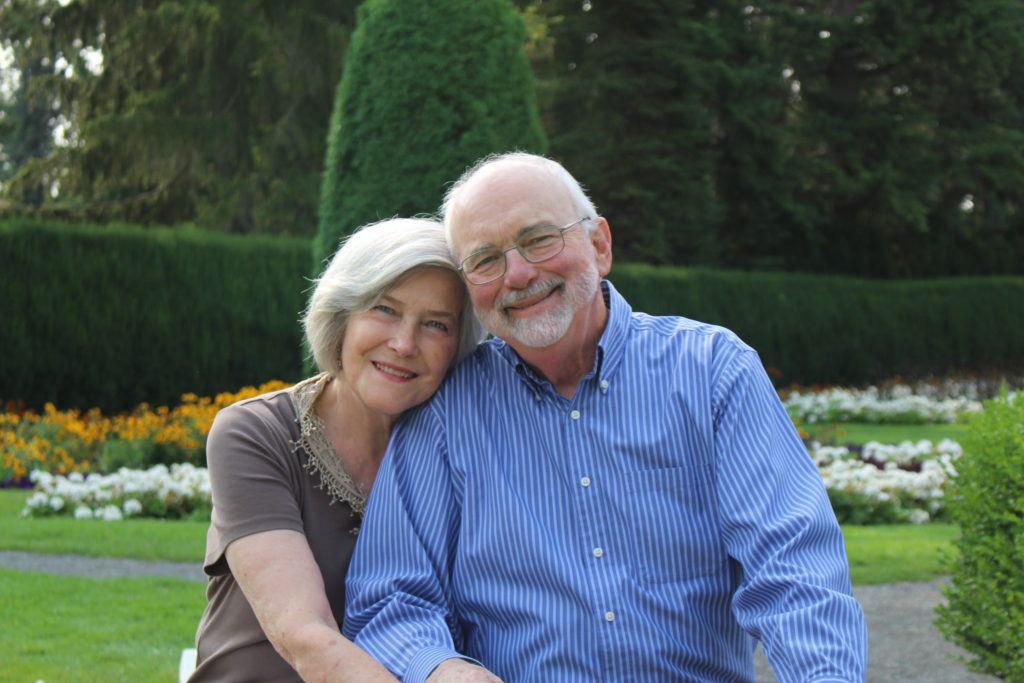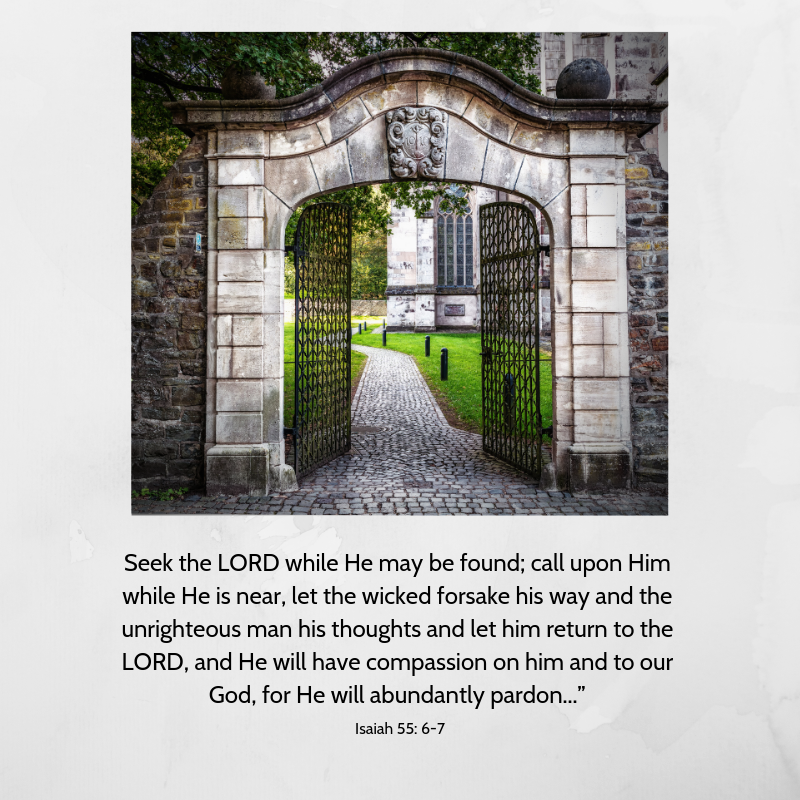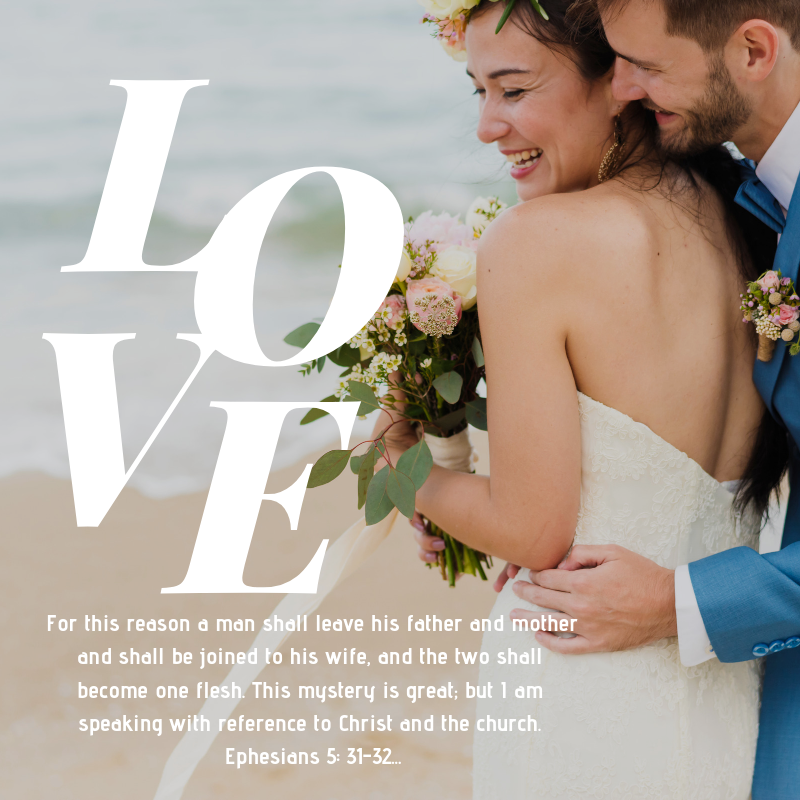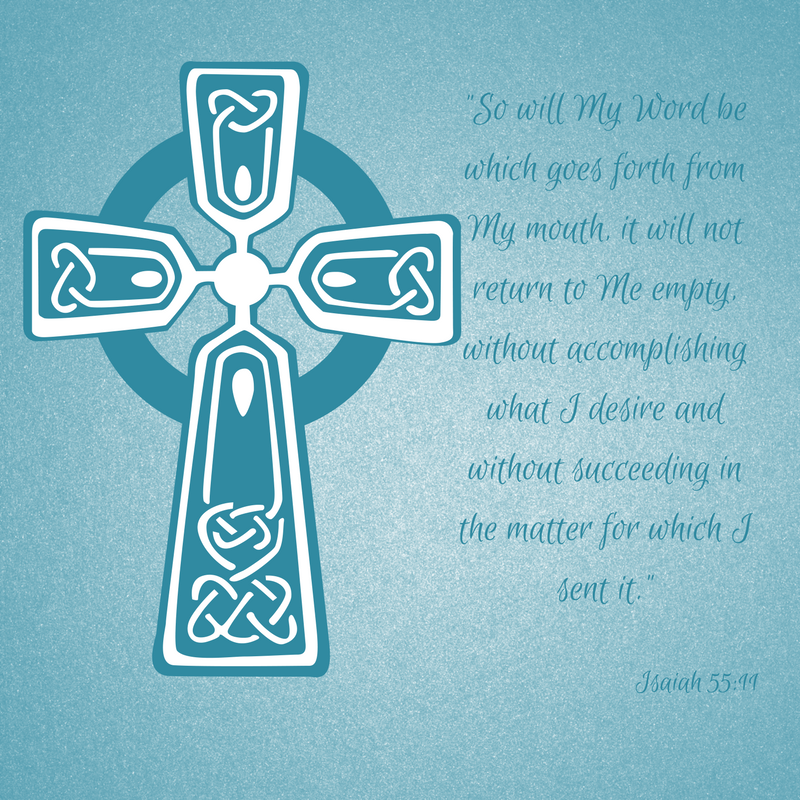
A few days ago my beloved husband and I celebrated a big milestone anniversary. Thinking about the days and years that brought us to this occasion has been very profitable to my own daily life. Let me explain. Here in the West we mark significant occasions with many kinds of celebration or commemoration. The hallmark of these is ‘honor.’ We participate in the solemn ceremony and vows of marriage, mourn the death of a loved one at a funeral with various memories and words. Cities and nations honor fallen heroes and great leaders with parades, speeches, statues or even naming streets, buildings, and bridges after them. As we participate in these events, we take time to give honor—respect and recognition of the worthiness of another.
When we reflect on the day of our marriage, or celebrate in ceremony the worthiness of a person who has accomplished much, or are reminded of a loved one’s passing, we think about the noble, good and right things of that marriage union, the work of the hero and the life of the deceased. This is a satisfying exercise of thought. So it is with our honoring of God. We reflect on Him and His work in the world even as we celebrate and commemorate life events.
But even more helpful, I think, is the thought of places in those relationships and lives that were less than good. Looking back on my marriage, I am reminded of the continuing need to “… as [one] who [has] been chosen of God, holy and beloved, put on a heart of compassion, kindness, humility, gentle ness and patience; bearing with one another, and forgiving each other…just as the Lord forgave you, so also should you.” Colossians 3: 12-13. In the ups and downs and daily frustrations involved in living with other human beings, this is really hard. Being changed into the image of Jesus is not a painless or simple “one and done” operation. It is an on-going work of choosing to be like Him in attitude, action and words. Giving up my need to be right, or have my needs met is so contrary to my still-fallen human nature. But thanks to my Heavenly Father, the work is happening! These many years have be marked by lots of “head-butting” and exasperation but God has used those situations to deal with me and is making me more aware of my need of Him to change my heart. I praise Him and own the truth that if it had not been for His kind work in my heart, my marriage would have ended years ago. Because of His grace, I have been blessed with the joy of companionship and love afforded by the bond of matrimony for many years. For this I honor God.
So as I reflect on this anniversary, or think of a loved one’s death on the anniversary of his passing or I join in the ceremony of remembering horrific events like 9/11, I am reminded of God’s sovereign reign over all things, His love and blessing to me and others and I praise Him for the lessons He has taught me through the good and bad of these things.

There are so many ways to be reminded to praise God for all He is and does. The birth of a baby, the delight in graduation from school, the pain of loss in the face of natural disaster or man-made misery, all call me to remember that God is on His throne. In His almighty power and wisdom, He is still in control. He loves His own and has intimate concern with every part of His good creation. He has plans for every turn of human events even when we see them as mysterious and inscrutable. He is using all my circumstances and all the events of my life to make me more like my Lord Jesus Christ.
As I celebrate my wedding anniversary, attend funeral services for my dead friend, or participate in Memorial Day Celebrations at the Veteran’s Cemetery, I am reminded of the honor due those who are the focus of the events. But even more I am reminded to honor God, the One who brings every occasion to pass. I honor Him as “The Blessed Controller of All Things” and rest in joyful peace knowing that He is “…working all things together for good to those who love God to those who are called according to His purpose.” Romans 8:28
Question: What life events and world troubles turn your heart to God? Have you pondered the ways God is using and has used these circumstances to draw you to a rich and eternal relationship with Himself through Jesus Christ? Will you honor and praise Him today for the good and bad of your life?





